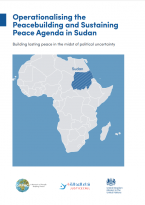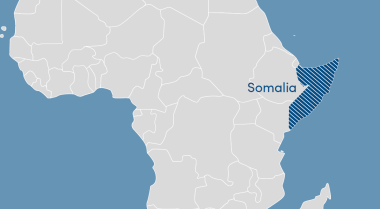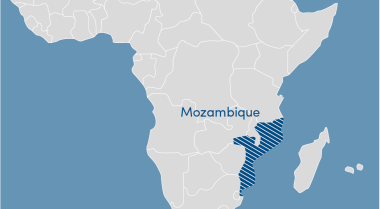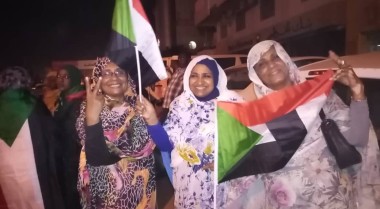
Operationalising the Peacebuilding and Sustaining Peace Agenda in Sudan
This report first presents a brief overview of the peacebuilding context in Sudan, briefly summarising the current state of affairs in the country, and highlighting key achievements and outstanding challenges in terms of peacebuilding and sustaining peace. The report then provides an initial assessment of the progress made in terms of implementing the Peacebuilding and Sustaining Peace Agenda in Sudan by reflecting on the required shifts as identified by the Secretary-General on leadership, accountability, and capacity, operational and policy coherence, partnerships, and financing.
For each of these sections, the report first presents a brief descriptive overview of the key structures, frameworks, and instruments in place relevant for the required shift, followed by an analysis of how these have contributed to the UN’s ability to implement the Peacebuilding and Sustaining Peace Agenda in Sudan. Practical recommendations for the UN and the donor community working on peacebuilding and sustaining peace in Sudan on how to further the implementation of the agenda include:
- Ensure the continuity and sustainability of peacebuilding efforts with a concrete plan to transfer its political functions to the RCO given its long-term presence in the country and UNITAMS’ exit-oriented approach. This requires the right balance in terms of leadership roles between UNITAMS and UNCT. In this, the UNSC can support the dialogue and mandate renewal of UNITAMS to highlight these priorities, while the Peacebuilding Commission can ensure that the SPPSP process benefits from possible expertise and resources available to this forum.
- Secure the UN’s capacity for a fast-paced response to the changing circumstances. As the UN presence in Sudan has been growing its capacity in terms of advancing the implementation of the peacebuilding and sustaining peace agenda, the UN could build on the positive developments, including efforts by the PBF and UNDP to improve peacebuilding capacity in relation to the Sudanese context through trainings in conflict analysis, placements of peacebuilding experts within all UN AFPs and in the peripheries, and the increased support provided by UNHQ to the UN presence in Sudan.
- Strengthen the bottom-up dimension of the UN-civil society partnerships. As such, the UN presence in Sudan would be advised to improve consultation mechanisms with civil society actors, developing a formal and formalised strategy for civil society engagement, and committing to more inclusive partnerships. Particular attention should be devoted to strengthening consultations and partnerships with actors in Sudan’s peripheries. Increased efforts are crucial to strengthen the UN’s capacity to cater to the needs of conflict-affected populations in these areas.
- Improve the quality of existing financing mechanisms by shortening the long chain of recipients of UN funding, developing concrete mechanisms to support local partners in a more direct fashion as well as considering lowering the eligibility requirements and increasing the timeline for peacebuilding programming beyond the 18-month limit. Practically, the donors should not increase – and not freeze – financial commitments to peacebuilding efforts and maintain conflict-sensitivity requirements in all international aid in Sudan. This also includes establishing formal coordination mechanisms involving all relevant stakeholders, including the UN, the Sudanese government, international donors, and implementing partners.



